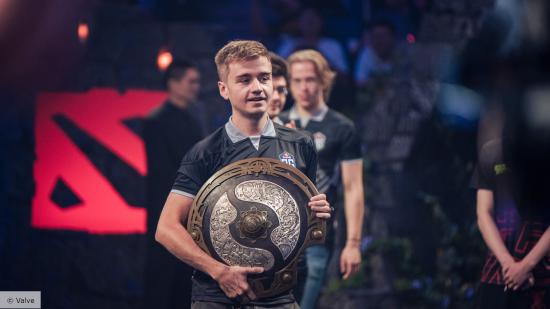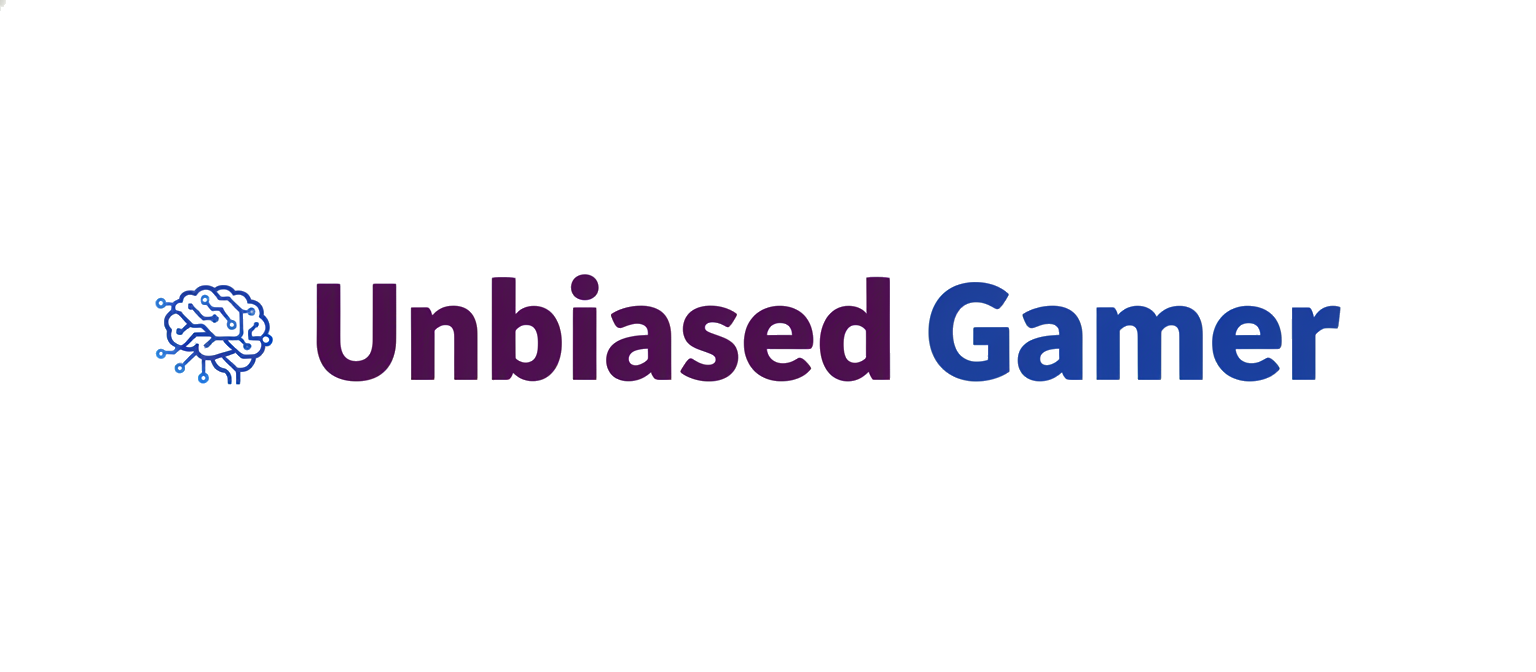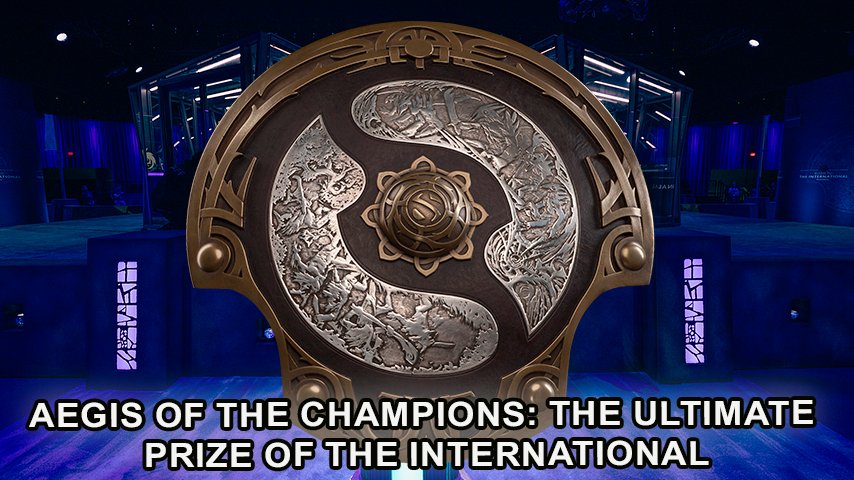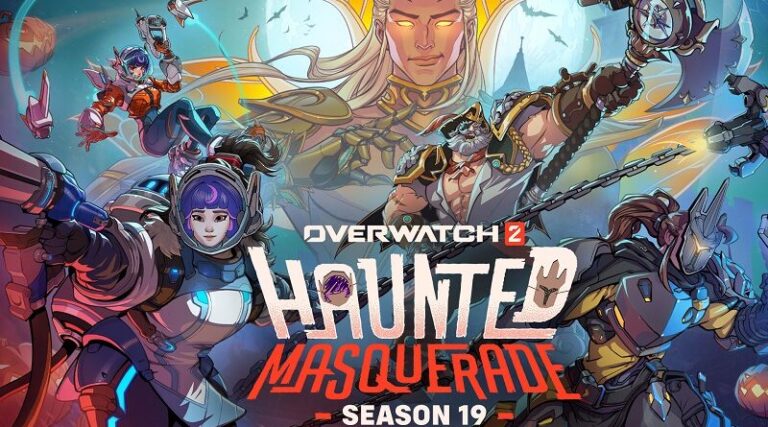The roar of the crowd, the life-altering prize pools, and the glory of lifting the Aegis of Champions—this is the public face of professional Dota 2. For years, Valve’s flagship MOBA has been a titan in the world of Competitive Gaming, celebrated for its grassroots community and the largest prize funds in esports history. This spectacle draws millions of viewers and inspires countless aspiring players. However, beneath this glittering surface of multi-million dollar wins and international fame, a more troubling reality persists. A growing number of reports and insider accounts are shedding light on a systemic issue plaguing the scene: the financial instability of esports organizations and the subsequent delay in prize money payments to the very players who earned them. This isn’t just a minor administrative hurdle; it’s a fundamental crisis of trust that threatens the careers of players and the long-term sustainability of the entire ecosystem. This article delves into the complex financial structures of Dota 2 News, the devastating impact of payment delays, and the systemic changes needed to build a more secure future for its professional players.
The Fragile Ecosystem: Deconstructing Esports Financial Models
To understand why a team that just won millions can’t pay its players, one must first look at the precarious financial foundation upon which many esports organizations are built. Unlike traditional sports leagues with massive media rights deals and guaranteed revenue sharing, the esports world, particularly in Dota 2, operates on a far more volatile model. The financial health of an organization is a complex balancing act, often teetering on the edge of unsustainability.
Revenue Streams: More Than Just Prize Money
A common misconception within the Gaming Community is that prize money is an organization’s primary source of income. In reality, it’s often the most unpredictable. A team’s performance can vary wildly, and relying on tournament winnings to cover consistent operational costs is a recipe for disaster. Sustainable organizations build diversified revenue streams. Sponsorships are the lifeblood, with brands from the Gaming Hardware sector—companies producing high-end Graphics Cards, responsive Gaming Monitors, and powerful Gaming Laptops—paying for logo placement and brand association. Other key income sources include merchandise sales, content creation revenue from platforms like Twitch (a constant source of Twitch News), and, most significantly in recent years, funding from venture capital and private investors.
The High Cost of Competing
While revenue can be inconsistent, expenses are constant and substantial. The cost of fielding a top-tier team in a major title like Dota 2 is astronomical. This includes six-figure player salaries, wages for a support staff of coaches, analysts, and managers, and the high cost of boot camps, which require renting high-end facilities equipped with top-of-the-line Gaming PCs and Gaming Peripherals. Add to this international travel, accommodation, marketing budgets, and general administrative overhead, and the monthly burn rate for a premier team can easily exceed hundreds of thousands of dollars. This relentless financial pressure creates a high-stakes environment where any disruption in cash flow can have immediate and severe consequences.
The Prize Money Paradox
When a team wins a major tournament, the prize money doesn’t instantly appear in the players’ bank accounts. The funds are first transferred from the tournament organizer to the esports organization. The organization then typically takes a predetermined cut, usually between 10% and 20%, as per player contracts. The remaining sum is then distributed to the players. This process can be fraught with delays at multiple stages. Sometimes the tournament organizer is slow to pay out. More problematically, an organization struggling with cash flow might use the incoming prize money to cover pressing operational debts—like salaries or rent—instead of immediately paying the players what they are owed. This creates a “robbing Peter to pay Paul” scenario, where players’ winnings are used as a short-term loan to keep the organization afloat, leading to the very delays that erode trust and careers.

A Crisis of Trust: The Human Cost of Financial Instability
Delayed payments are more than just an inconvenience; they represent a profound breach of trust that has a tangible, human cost. For players, the consequences can be devastating, impacting their financial security, mental health, and career longevity. The fallout also inflicts significant and often irreparable damage to the organization’s brand and legacy.
The Player’s Predicament
The career of a professional esports player is notoriously short, with most competing at the highest level for only a few years. In this brief window, they must maximize their earnings to secure their future. When a life-changing sum of money is withheld for months or even over a year, it throws their entire life plan into disarray. Players are unable to invest, purchase homes, or support their families as they had planned. The mental toll is immense. The stress and anxiety of chasing payments, coupled with the feeling of betrayal from an organization they represent, can severely impact their focus and in-game performance. This is especially damaging in high-pressure Strategy Games like Dota 2, where mental fortitude is paramount. A real-world, though anonymized, case study involves a promising European team that secured a top-three finish at a major event. The players expected a swift payout to solidify their futures, but the organization delayed for over 18 months, citing cash flow issues. The internal strife and loss of motivation led to the roster’s complete collapse, scattering a championship-caliber lineup to the wind.
Erosion of Legacy and Brand Damage
For an esports organization, reputation is everything. When stories of financial mismanagement and non-payment become public, the brand damage is immediate and severe. Top-tier talent will be hesitant to sign with an organization known for failing to honor its financial commitments. This creates a downward spiral: the inability to attract the best players leads to poor results, which in turn makes it harder to secure the lucrative sponsorships needed to become financially stable. In the fast-moving world of Esports News, a negative reputation can stick permanently, tarnishing the legacy of even the most storied teams. Sponsors, who are investing in brand safety and positive association, will quickly distance themselves from any organization embroiled in a payment controversy, cutting off the most vital revenue stream and accelerating the financial collapse.
Root Causes: Why Does This Keep Happening?
The issue of delayed payments is not simply the result of a few bad actors. It is a symptom of deeper, systemic problems within the Gaming Industry‘s esports sector. The rapid, venture-capital-fueled growth of the scene has created a fragile “bubble,” while a lack of regulation and standardized governance has left players vulnerable.
The “Esports Bubble” and Venture Capital
Over the past decade, esports has attracted billions of dollars in venture capital investment. This influx of cash led to an arms race for talent, with organizations offering inflated salaries and building expensive infrastructures that were not supported by organic, sustainable revenue. Many investors were betting on future growth—media rights, franchising, etc.—that has yet to fully materialize at a profitable scale. When these investors demand returns on their investment or when the flow of easy money dries up, organizations that have been operating at a loss are suddenly faced with a financial reckoning. This “growth at all costs” mindset is a primary driver of the instability that forces organizations to misuse player prize money to stay solvent.

Lack of Regulation and Oversight
A significant difference between esports and traditional sports is the absence of robust, independent governing bodies and powerful players’ associations. In leagues like the NBA or NFL, players’ unions negotiate collective bargaining agreements that standardize contracts and guarantee financial protections, such as salary payment schedules and benefits. In the world of PC Gaming esports, particularly in the developer-led ecosystem of Dota 2, there is far less oversight. Valve has historically taken a hands-off approach, leaving contract negotiations and enforcement up to the individual players and organizations. This lack of a centralized authority or a strong, unified player voice means that contractual breaches, like payment delays, often go unpunished, leaving players with little recourse beyond costly and time-consuming legal battles.
The Tournament Organizer’s Role
While organizations bear much of the responsibility, they are not always the sole cause of delays. Tournament organizers themselves can be slow to distribute prize funds. The logistical and financial complexities of running a massive international event can lead to processing delays that cascade down the chain. An organizer waiting on sponsor payments or navigating international banking regulations can hold up the entire process. However, transparent communication about these delays is key, and it is ultimately the organization’s duty to manage its finances in a way that insulates players from these external shocks.
Building a Better Game: Pathways to Financial Health
Addressing this systemic issue requires a multi-faceted approach involving greater accountability from organizations, empowerment for players, and clearer guidelines from game developers. The path to a sustainable future for Competitive Gaming depends on building a more professional and transparent infrastructure.

Best Practices for Organizations
First and foremost, organizations must commit to complete financial transparency with their players. Contracts should clearly outline payment schedules for salaries and prize money, with penalties for delays. A best practice emerging in the industry is the use of third-party escrow services, where prize money is held by a neutral entity and distributed directly to players and the organization according to their agreed-upon split, bypassing the organization’s general finances entirely. Furthermore, organizations must move away from unsustainable, VC-dependent business models and focus on building diversified, profitable enterprises rooted in realistic financial projections.
Empowering Players and Improving Governance
Players must also take collective action to protect their interests. The formation of a strong, unified players’ association for Dota 2—similar to the Counter-Strike Professional Players’ Association (CSPPA) often seen in Counter-Strike News—is a critical step. Such a body could advocate for standardized contract terms, provide legal support for players in disputes, and create a blacklist of predatory organizations. Additionally, game developers like Valve could play a more active role. By requiring organizations participating in their premier circuits to provide proof of financial solvency or by mandating the use of a verified payment processing system for prize money, they could establish a baseline of financial accountability that would protect players and elevate the professionalism of the entire scene, a model seen in more structured ecosystems like those in League of Legends News and Valorant News.
Conclusion: Securing the Future of the Sport
The allure of Dota 2 esports lies in its incredible displays of skill and the life-changing potential of its prize pools. However, the recurring issue of delayed payments reveals a deep-seated financial fragility that undermines the sport’s integrity. This is not just an administrative problem; it is a moral failure that jeopardizes the livelihoods of the players who are the heart and soul of the game. To secure a healthy and sustainable future, the entire community must demand better. Organizations must embrace transparency and fiscal responsibility, players must unite to advocate for their rights, and developers must provide the structural oversight necessary to protect them. Only through this collective effort can the world of professional Dota 2 ensure that the promise of glory is matched by the guarantee of financial security, solidifying its legacy for generations to come.









